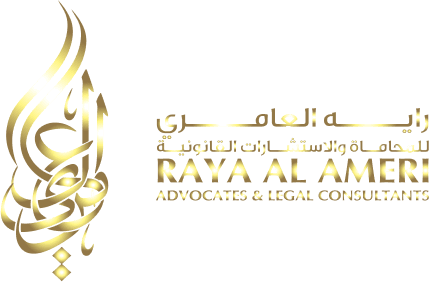UAE laws on child custody are dedicated to the well-being of the child, a paramount concern.
Distinct UAE Custody Approach: In the realm of child custody law in the United Arab Emirates (UAE), a distinctive and innovative approach is the categorization of parents into ‘guardians’ and ‘custodians’. This unique concept emphasizes a balanced distribution of responsibilities between the parents. This approach is crucial in ensuring the child’s holistic well-being and addressing both financial and care-related aspects. Under this framework, fathers are designated as ‘guardians’, bearing the responsibility of providing financial support and ensuring the child’s material needs are met. On the other hand, mothers assume the role of ‘custodians’, primarily entrusted with the child’s physical custody, nurturing, and day-to-day care.
The UAE law provides the right for parents to challenge and request changes to custody arrangements, offering a crucial safeguard against potential risks such as parental abduction. This provision highlights the UAE’s commitment to prioritizing the best interests of the child and maintaining a protective environment.
According to Article 156 of the Personal Status Law, the custody of a minor child is granted to the mother until the age of 11 for boys and the age of 13 for girls. The court evaluates child custody situations individually, and the determination is typically incorporated within the court’s verdict.
Furthermore, for expatriates residing in the UAE, the law recognizes the diversity of family backgrounds. Expat parents have the option to apply their home country’s laws to child custody matters, provided certain specific conditions are met. This recognition aims to respect the cultural and legal norms of the parent’s home country while ensuring the child’s welfare remains paramount.
The legal framework surrounding this concept is rooted in Article 156 of the UAE Personal Status Law (Federal Law No. 28 of 2005). This article delineates the roles of guardians and custodians, specifying the responsibilities and rights of each parent. Additionally, Article 143 of the same law empowers the court to adjust custody arrangements, always keeping the child’s well-being as the guiding principle.
Child Custody Agreements:
Beyond general laws, parents can craft their custody agreements. A preferred route for divorcing couples, offering flexibility and control.
Key Factors in Agreements:
- Custody Rights: Specify joint custody or traditional setup with the mother as custodian and the father as guardian.
- Visitation: Define visitation structure, including overnight stays and special occasions.
- Financials: Father traditionally covers costs; parents can mutually share expenses.
- Travel: Address travel rights, child age, and parental consent to international trips.
Ensuring the Best for Children: This child-centric approach is not only a legal principle but a fundamental value embedded in the UAE’s societal fabric. One remarkable manifestation of this approach can be observed in Abu Dhabi’s progressive step towards introducing a decree law that addresses child custody for non-Muslims after divorce. This landmark legislation exemplifies the UAE’s dedication to safeguarding children’s emotional health and psychological stability during what can be a challenging period. The Abu Dhabi decree law extends the opportunity of joint custody to non-Muslim foreigners who reside or work within the emirate. The law recognizes that children deserve the continued presence and influence of both parents in their lives, even after divorce. This forward-thinking legislation is aligned with international norms and underscores the UAE’s commitment to embracing diverse family dynamics while upholding the best interests of the child.
The foundation for such initiatives lies within UAE’s legal framework, prominently featuring Article 156 of the Personal Status Law (Federal Law No. 28 of 2005). This article serves as the cornerstone, delineating the roles of guardians and custodians. The law asserts that a guardian’s responsibilities include the child’s financial and moral upbringing, while a custodian ensures the child’s physical well-being and care. In essence, UAE child custody laws epitomize the core belief that the best interests of the child must always prevail. This approach extends beyond legal principles and reflects a societal ethos that values the well-being of the younger generation.
The UAE’s ongoing efforts to adapt and refine its legal landscape underscore its commitment to fostering an environment where children can flourish and reach their full potential. Through its child-centric approach, the UAE not only underscores its dedication to providing a nurturing environment for its young citizens but also serves as an exemplar for other jurisdictions seeking to prioritize the holistic development and welfare of children.
If you’re currently involved in a child custody case, rest assured that Raya Al Ameri Advocates has an exceptional team of family law experts who can guide you throughout the process. Our seasoned lawyers are well-versed in these matters and can provide you with reliable assistance.
To explore your options or seek guidance, feel free to reach out to us via WhatsApp or leave your contact details, and a member of our dedicated team will promptly respond to your queries. Your child’s best interests are our priority, and we’re here to support you every step of the way.



